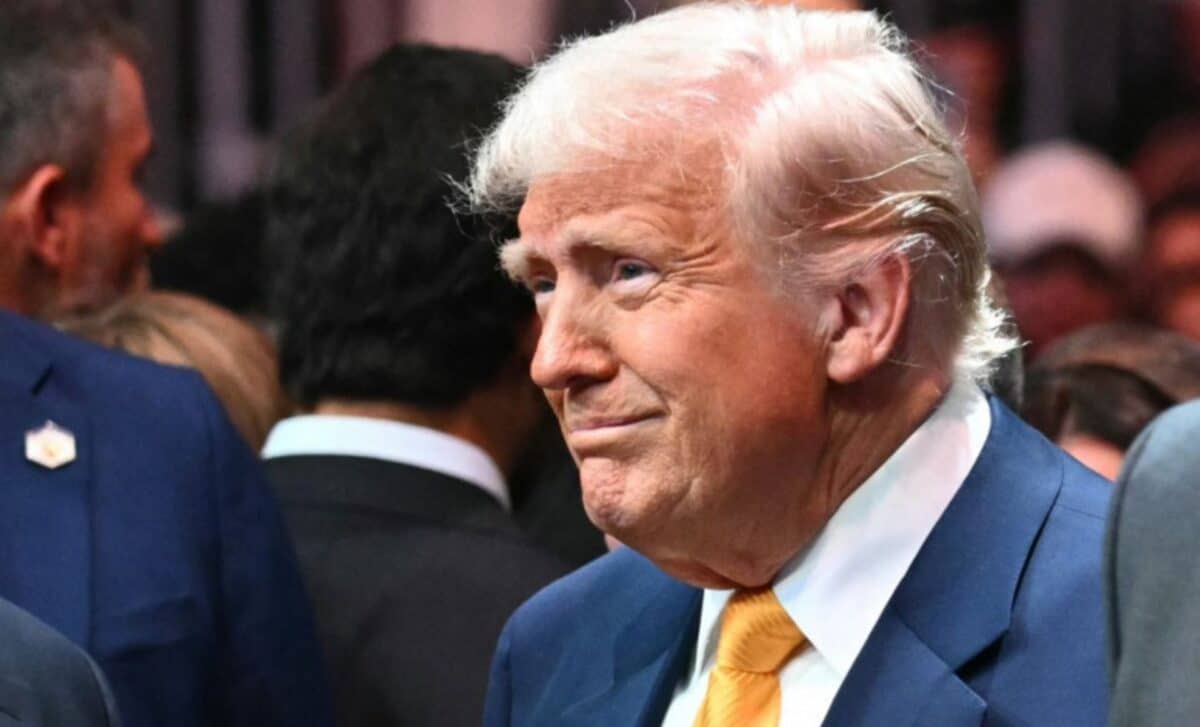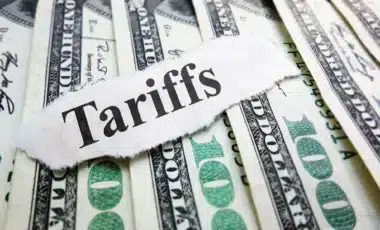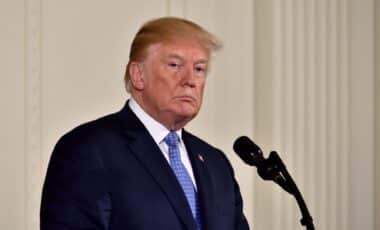President Donald Trump recently voiced his opposition to raising taxes on millionaires, citing concerns that it would drive wealthy individuals out of the United States.
In remarks made from the Oval Office, Trump argued that modern transportation and global mobility make it easier for high earners to relocate to other countries, potentially draining the U.S. of vital tax revenue.
In his response to a question about supporting a millionaire tax, Trump expressed fears that such a policy could be “disruptive” to the U.S. economy. He highlighted that, unlike the past when millionaires would simply move between states, modern transportation has made it possible for them to leave the country entirely.
Trump argued that the potential exodus of wealthy individuals would ultimately harm the nation’s economy, as these individuals contribute significantly to tax revenues.
Wealthy Individuals and the Tax Debate
Trump’s remarks highlight the ongoing tension within the Republican Party regarding tax policies for the wealthiest Americans. While Trump has expressed concerns about the possible consequences of raising taxes on millionaires, some of his fellow Republicans have shown openness to such measures.
According to Bloomberg, several Republicans are advocating for increasing the top tax rate on millionaires, from 37% to around 40%. This proposal is part of a broader discussion on how best to address the nation’s rising debt while fostering economic growth.
Trump’s stance against increasing taxes on high-income earners reflects his belief that the wealthy are crucial to sustaining the U.S. economy. He argued that, without the contribution of wealthy taxpayers, the country would face economic disruption.
His concerns are grounded in the idea that high earners would simply relocate to countries with more attractive tax rates, potentially moving valuable capital and resources abroad. While many wealthy countries have taxes that exceed those of the U.S., they would still remain an attractive option for Americans seeking to reduce their tax burden.
The Challenge of Global Mobility
The issue of wealthy Americans leaving the country is tied to the broader question of global mobility in the modern world. With the advent of advanced transportation and digital workspaces, it is easier than ever for individuals to relocate across borders.
While the U.S. tax system requires citizens to pay taxes on their worldwide income, many countries offer tax incentives or lower rates that may entice high earners.
According to Trump, this mobility poses a significant challenge for the U.S., as it risks losing both tax revenue and economic activity. However, even if millionaires move abroad, they would still face U.S. tax obligations, provided they retain their citizenship.









